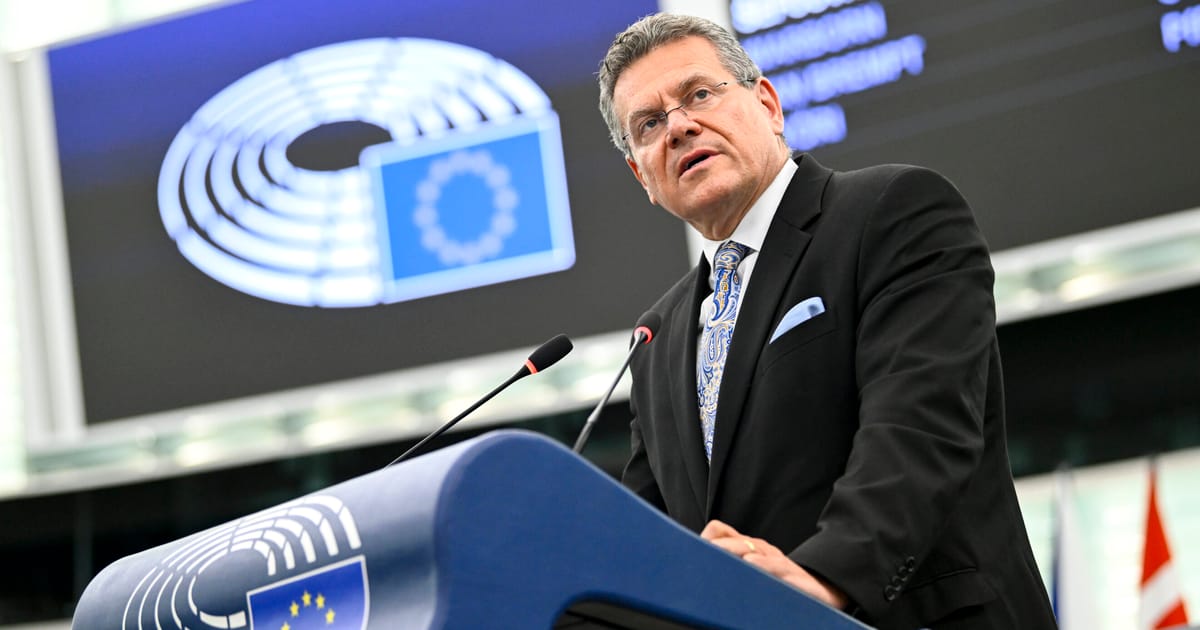

In an evolving global trade arena, the European Union is preparing a significant response to potential trade hurdles. As tensions rise, particularly with the United States, the EU has crafted a robust plan involving €93 billion in retaliatory tariffs. This strategy comes as part of a broader effort to manage global economic shifts and protect European economic interests.
The context for these preparations stems from recent challenges posed by the Trump administration’s proposed hefty tariffs on EU goods, which could be as high as 30% on items such as European aircraft and whiskey. In a move to safeguard EU markets, Brussels plans to merge two existing lists of American goods that could face strict tariffs if trade negotiations do not yield a favorable outcome by early August. Such a decisive step underscores the EU’s commitment to stand firm amid potential economic disputes.
European Commission President Ursula von der Leyen highlighted the changing global landscape, emphasizing the urgency for Europe to adapt and respond to these new realities. As she aptly noted, it’s not merely a storm they are facing; it’s a transformed world that requires strategic engagement and proactive measures.
Meanwhile, away from the simmering trade tensions across the Atlantic, positive developments have emerged from the UK’s negotiations with India. Indian Prime Minister Narendra Modi is visiting the UK to sign a landmark trade agreement, an economic milestone for both nations. This agreement strengthens ties post-Brexit and marks India’s first major free trade pact outside Asia. For Britain, it represents a crucial victory as it seeks to solidify its economic positioning in the global market, promising growth particularly for its car and whiskey industries. The deal also offers India favorable visa terms, illustrating a deepening economic partnership.
In another collaborative stride, the European Union and Japan are reinforcing their partnership in defense and security. This agreement aims to bolster cooperation in maritime security, cyber defense, space exploration, and countering hybrid threats, along with supporting non-proliferation efforts and the defense industry. Such initiatives highlight the importance of strategic alliances in navigating contemporary security challenges.
As the EU navigates these multifaceted trade relations and partnerships, the focus remains on maintaining stability and fostering long-term economic growth. The strategic responses highlight a balance between defending economic interests and seeking new opportunities for collaboration. Amidst these dynamic changes, the EU’s approach exemplifies a resilient adaptability to a changing world, prioritizing collective economic well-being and progress.
The international trade environment continues to shift, presenting both challenges and opportunities. As global actors recalibrate their economic policies, it becomes increasingly crucial for both regional and international players to engage in constructive dialogue. Such diplomatic efforts ensure that nations can collectively weather shifts in the global economic climate, promoting stability and prosperity for all involved.
Source: {link}
